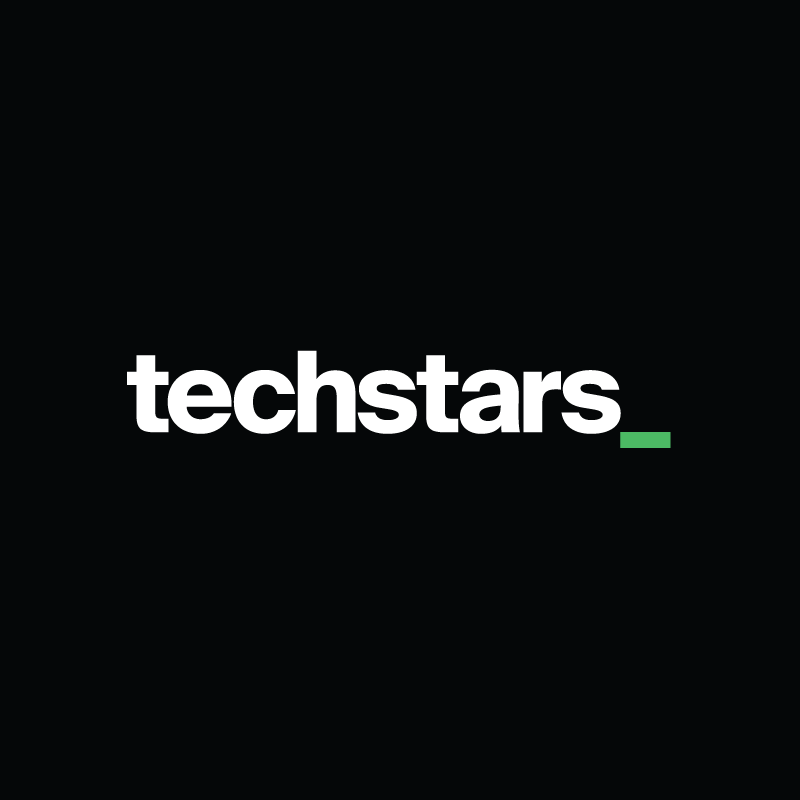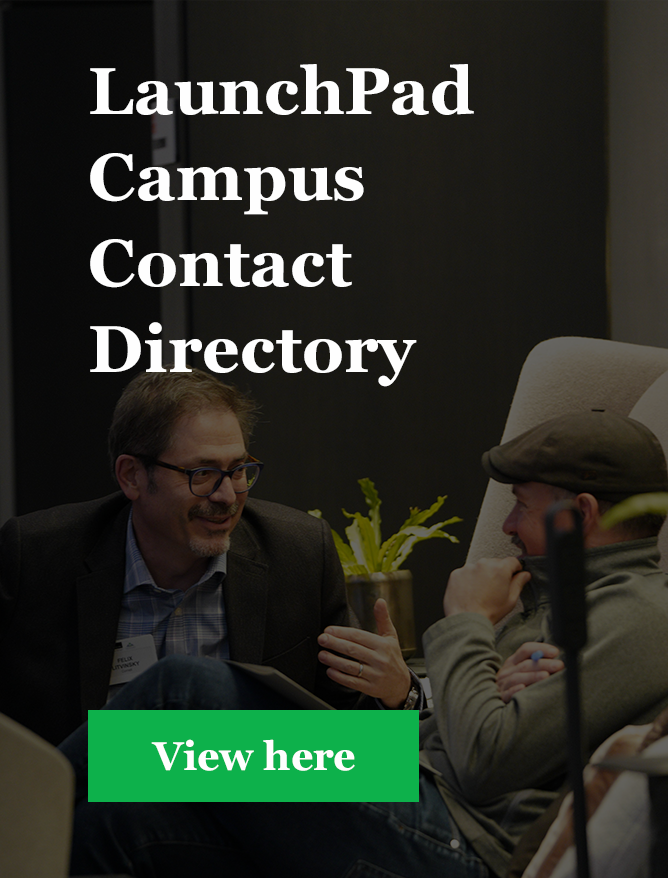Techstars Entrepreneur's Toolkit: Give Your Elevator Pitch
Your student steps into an elevator, and realizes the person next to him or her is exactly the one who can help them most with their company—if your student can get them interested before the doors open and that person steps out of their life forever.
The “elevator pitch” is a succinct description of a company that covers what a company is, and why the person you’re talking to should care in simple language anyone can understand.
This sounds easy. It’s not.
Most entrepreneurs have trouble explaining their company in just a few words or without jargon, only comprehensible only to the initiated few, which probably doesn’t include investors or other people who can help out with building the company. The first part of developing a great elevator pitch, is writing a jargon-less short description of what the company is and does. Essentially, the elevator pitch is the sales pitch for the company.
The goal of an elevator pitch isn’t to say everything about the company in 30 seconds. Rather, the point is to engage the listener. If the person on the receiving end of the pitch has thoughtful questions, that’s great. That’s the beginning of a conversation, and maybe even a productive relationship. Leaving your audience with questions, in other words, isn’t a problem.
Elevator pitches are a fundamental building block to communicating the value of your startup - but so many entrepreneurs suck at it!
- Nicole Glaros, Chief Investment Strategy Officer, Techstars
While elevator pitches are commonly heard onstage at funding events, founders can—and should—use their elevator pitch all the time. Encourage your student entrepreneurs to use their elevator pitch in all sorts of circumstances: in line to buy lunch, at parties, over the holiday dinner table. Anytime they get a chance to tell someone new about their company is practice. So when they get the chance to talk with potential investors, customers, partners, or employees, they’ll have it down.
Techstars has helped thousands of startups refine their pitches over the years. We encourage entrepreneurs to follow the Customer-Problem-Solution model. This means that an elevator pitch should: identify the customer and the customer’s problem, describe the startup’s unique solution, and explain the differentiator in how or what they provide. Check out the Techstars Entrepreneur’s Toolkit for more details on how to use this model to develop a great elevator pitch.
Recommended Student-Director Meetings:
- In an initial meeting or group pitch workshop, explain to the student what a pitch is and how it might be used in a competition or with any potential customer or investor. If meeting with a group of students, you may wish to share the module video with them at this time or view this YouTube video link of real Techstars Founder Elevator Pitches and discuss what you like/don’t like about them. This may also be a good opportunity to go over module’s worksheet.
- Once through the customer-problem-solution exercise at the beginning of the worksheet, ask the student(s) to write five versions of their pitch. Students should practice each of these variations with at least five different people. (Note: Students may be inclined to “shortcut” by simply emailing or texting their pitch, however reciting it in their own voice is a key part of the exercise.)
- In a second pitch perfecting meeting discuss the feedback they received and tweak the best pitch to improve it even more. You should also talk about the follow-up questions their pitches prompted. (Once the ideal pitch is selected and perfected, developing the best possible responses to these frequently asked questions is the next step.) Following this second meeting, all team members should leave expecting to rehearse their pitch until it can be delivered perfectly.
Some important, final pitch thoughts...
- No “tech talk”! A student—particularly one immersed in academic research—may risk slipping into technical jargon the average audience may find confusing. Keep it easy for an average person to understand (suggest that they think of talking with a smart eight-year-old or with their grandmother).
- No roommate rambling! Some audiences might not be familiar with informal slang and abbreviations, or pop culture references students frequently use with their friends (SMH!) Also, pitch time is limited, so you may need to remind students to keep it quick, keep it personable—but stay professional.
- Pitches should be customizable. Depending on the audience, the amount of time given, familiarity with a topic, and a variety of other factors, multiple versions of the same idea pitch may be useful. When students have more time to talk (three minutes, for example, at Propel) they can try one of Nicole’s two pitch tricks: Adding “Unlike” and “How you make money”.
- Record it! Video pitches can be posted to a startup’s website, social media profiles, on fundraising pages like Kickstarter, or on websites where investors look for opportunities (places like AngelList or Product Hunt). Connecting students to audio-visual recording and editing assistance available on campus to capture their final pitches could be a valuable and immediately useful extension of the elevator pitch conversation!
 Further campus leader reading: Brad Feld, a Techstars Co-founder, and Sean Wise have heard over 20,000 pitches. Check out this article from Inc magazine for more information on what they find important - and how they see pitches changing.
Further campus leader reading: Brad Feld, a Techstars Co-founder, and Sean Wise have heard over 20,000 pitches. Check out this article from Inc magazine for more information on what they find important - and how they see pitches changing.






